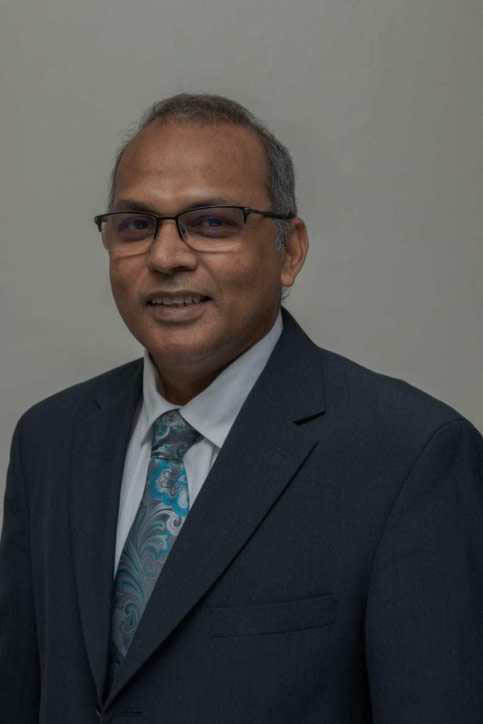A claim by Eureka Medical Laboratories (EML) that it can test for new strains of COVID-19 has been called into question by Health Minister Dr Frank Anthony, who said that the ministry has requested supporting evidence but to date none has been provided.
However, Anthony has said he knows for a fact that EML does not have the capabilities of performing genetic sequencing for the virus, which is how the new COVID-19 variants are being detected around the world.
The Health Minister made these statements during Monday’s COVID-19 update. He said that for public health purposes, if such claims are true they should be reported to the Ministry and EML has since been advised to do so. “As it is, as of now, we have not received any such report from Eureka Medical Laboratories and I have asked the CMO (Chief Medical Officer) to write to Eureka last week for the results that purportedly they have and the new strains that they have discovered in Guyana and to date we have not received any such reports from them but we will await to see if we will get a report from them,” he said.
Earlier this month, EML said they can detect and test for new strains of COVID-19. It was stated that some of the variants include one which was first identified in the United Kingdom, which is knows as SARS-CoV2 VUI 202012/01. According to the press release this was identified through viral genomic sequencing and is identified by multiple spike protein mutations.
The other variant is one which was first discovered in South Africa and known as SARS-CoV-2 (501Y.V2 or B.1.351). This is identified by multiple non-synonymous mutations in the spike protein. A third variant is known as S:P681H and is a related and similar but derived variant. This variant was identified by the African Centre of Excellence for Genomics of Infectious Diseases in Nigeria. The lab said that it is committed to meeting the diagnostic challenges that identifying the variants may pose.
Attempts to get a comment from the laboratory regarding the new development were unsuccessful.
Meanwhile, Anthony revealed that CARPHA has set up a project where it would be able to do a limited amount of genetic sequencing. He said that each Caribbean state has been invited to send at least ten COVID-19 samples per month to undergo the genetic sequencing process so they will be able to detect if any of the new COVID-19 variants are indeed in the Caribbean Region.
“Out of that then we will start building a picture of what strains …of virus is circulating in the region,” Anthony said.
In addition, he said all member states have been in discussion about the new variants and member states have been advised on what steps to take regarding the new strains, which are said to be more easily transmissible.
He said they were not advised to restrict travel between the member states and the United Kingdom although at least one country has made the decision to do so. He noted because Guyana will not be doing genetic sequencing the new strains will be difficult to detect to determine whether the UK’s strain is in Guyana.
“We in the Caribbean have not established a surveillance programme using genetic sequencing and until we do that it is going to be very difficult to analyze what strain we have in the region but as a Caribbean region we need to build that capacity,” he said before adding that until that is possible the Caribbean would have to depend on the limited amount of sequencing it can do in order to determine whether those new strains are in the region.






